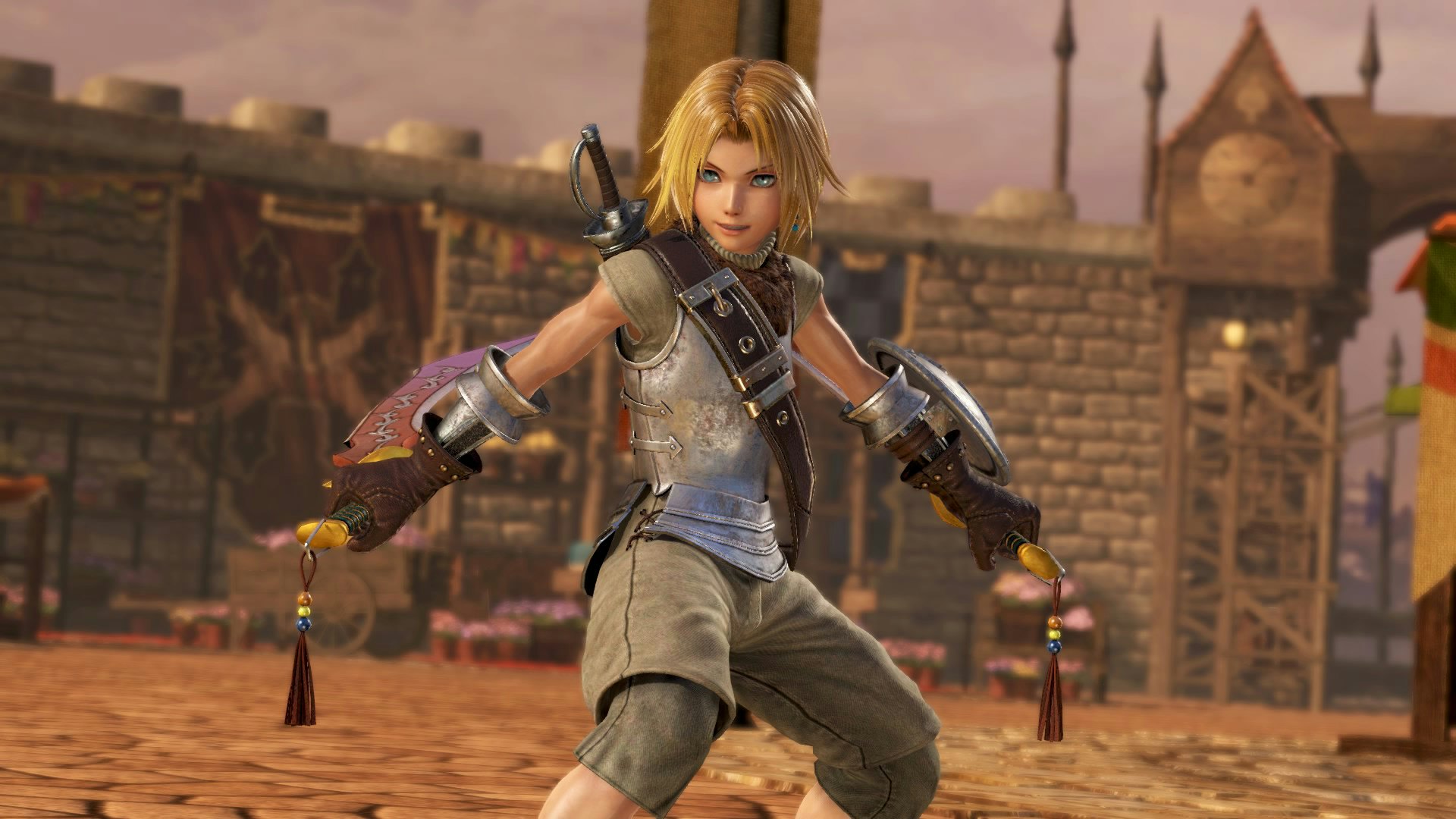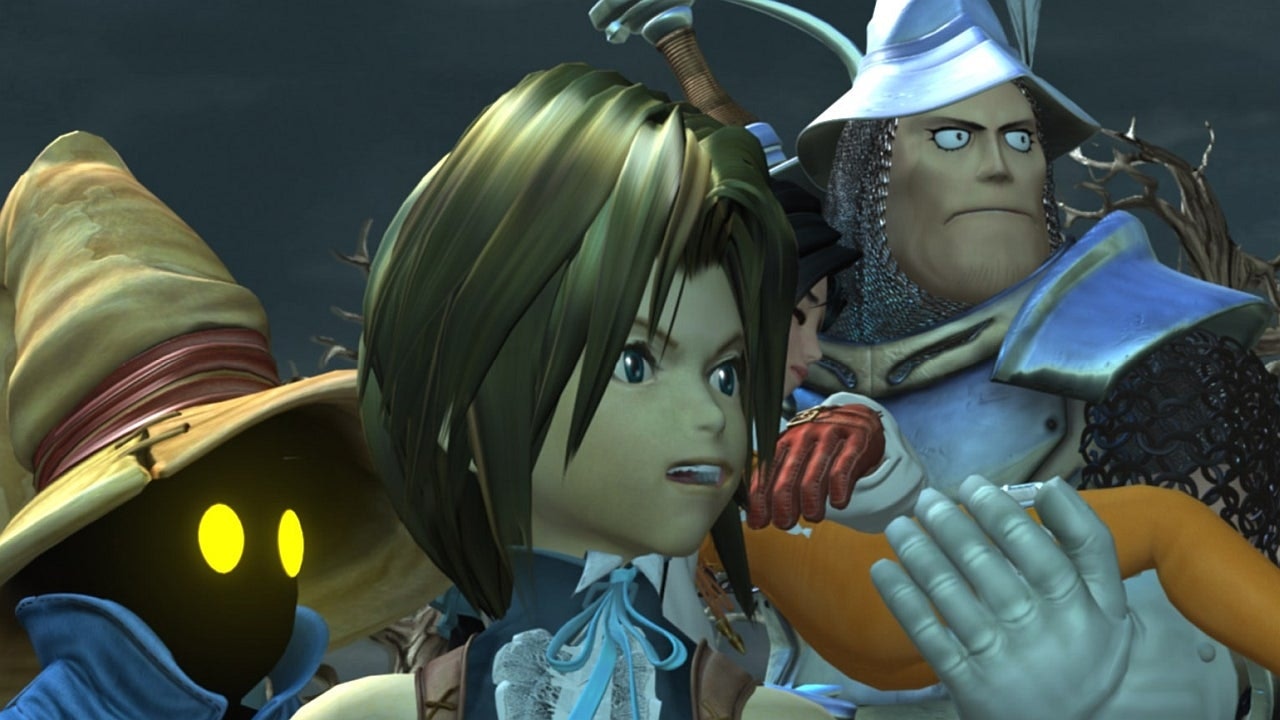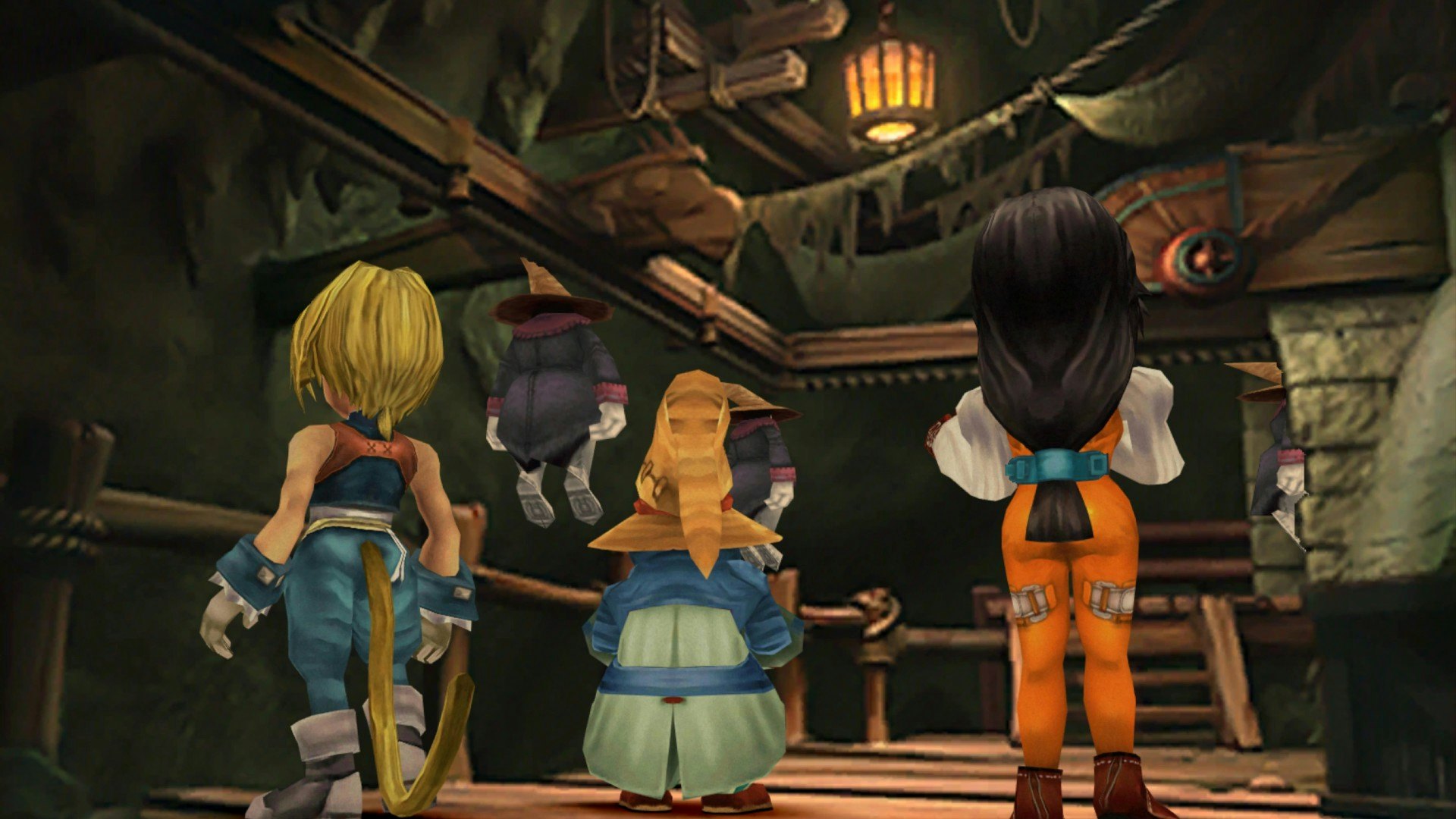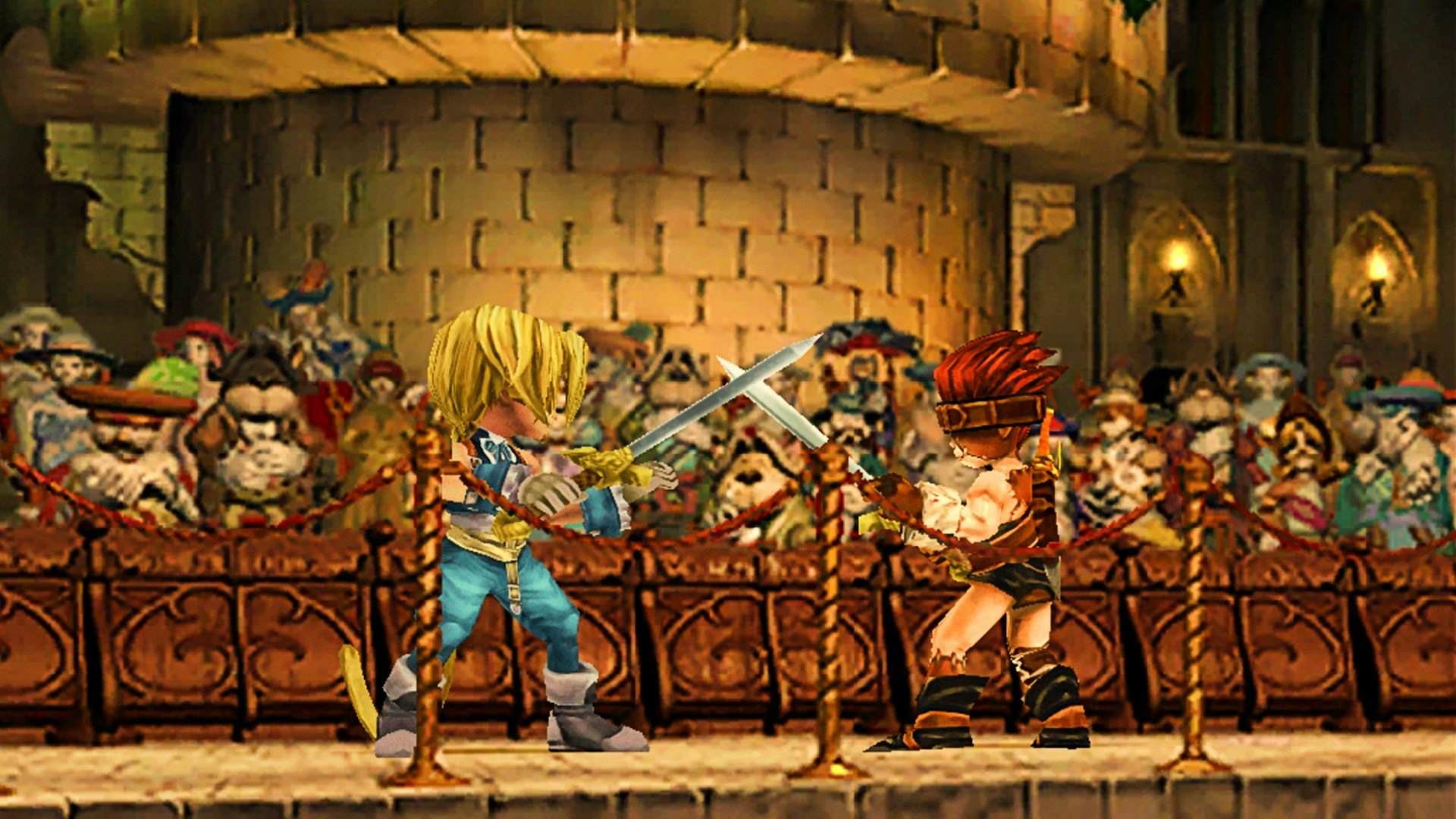
I often keep the protagonist’s default name in RPGs, but I identified so strongly with Zidane in Final Fantasy IX at first glance that I named him after myself.
All these years later, I still wonder sometimes why the short and wiry monkey boy with a choppy haircut and peppy attitude remains my favorite protagonist in the entire series. Maybe because he’s a mostly solitary character that, despite a jovial attitude, rarely opens up — and I identified with that? To be sure, I thought it best to ask FF9 director Hiroyuki Ito what makes the character so admirable.
“If there was a pillar that defines the motivation behind Zidane’s actions and words, it would be benevolence,” Ito tells Inverse. “I felt the need to depict a character who embodies the expectation of how people ought to carry themselves.”
Final Fantasy was released on December 18, 1987, and 35 years later, it remains one of the most beloved franchises in gaming. Inverse's celebration takes a look back at our favorite games, characters, and moments over the years.
Linger on the FF9 title screen long enough, and a short FMV will play featuring thematic quotes for each character. Zidane stands grimacing against a dark sky with the quote, “You don’t need a reason to help people.” Each character gets a quote like this, along with a defining characteristic. For Zidane, that means “Virtue.”
After Final Fantasy VII and VIII pushed the franchise in a more mature, futuristic direction with brooding protagonists, FF9 went back to basics for a more lighthearted but arguably even more potent moral center in Zidane.
“At the time, our theme for production was ‘returning to our roots.’ I believe doing so entailed striving for said roots while exploring what exactly that meant,” Ito says. “Perhaps all the staff involved, and the time that we spent, all had the same kind of intention we felt during the production of the first Final Fantasy.”

Cloud and Squall are withdrawn, dark, and mysterious. Zidane is a lighthearted and bright breath of fresh air by comparison. He’s flamboyant and outgoing in a world that embraces more traditionally campy stylings the franchise is known for.
I first played FF9 at nine years old after getting introduced to the series by my older brother. Despite a 10-year age gap, we bonded over the franchise. He was my best friend and father figure, a person I idolized for his generosity and kindness. In 2016, my brother suddenly passed away, and it crushed me in every way imaginable. While writing words for his funeral, I unintentionally landed on talking about Final Fantasy IX, and the bond we shared over the game. That’s when it hit me.
I may have renamed Zidane “Hayes” because I wanted to be him, but Zidane was always a stand-in for my brother’s virtues. I then immediately saw a parallel between our relationship and the one between Zidane and the character Vivi.
Zidane’s benevolence is on full display from start to finish with every person he meets, but nowhere is it more palpable than with Vivi, the boyish black mage automaton who feels small and lost in a big world. Zidane genuinely cares about making the world a better place and helping his companions through various moral dilemmas. But the bond between Zidane and Vivi emerges as a real highlight as both endure an existential crisis after learning of their true natures.

Zidane becomes a role model and moral compass for Vivi, teaching the young mage compassion and bravery despite his dark past and even bleaker future.
There’s a layer of camaraderie to Final Fantasy IX’s cast of characters that’s deeper than what you find anywhere else. These are characters that consistently lift each other up and push the group, and the world around them, to be better. Each party member comes face-to-face with either their own mortality or their purpose in life and has to grapple with the often unsatisfactory answer they're given.
Amarant is a mercenary that only found his purpose in cutthroat calling, Garnet’s entire life was a deception by those she loves the most, and Vivi was created as nothing more than a tool. These are characters that were cast aside by the world, but despite that, they could still find a reason to save that same world in the end.
Part of the brilliance of Final Fantasy IX’s narrative is how it shows all these characters are connected even when they’re not together, something other JRPGs often struggle with. Ito says “the core of Final Fantasy IX is its characters.” More than any other entry in the series, it does a great job of showing you how events affect the entire party when they’re separated, through a system called Active-Time Events (ATEs). These optional scenes unlock as you progress the story, and show what other major characters, across the world, are up to at that time.

In execution, it perfectly dramatizes the influence Zidane has on other characters, and how even when they’re on the opposite side of the planet, their bond remains just as strong.
“While they may not have been capable of full communication without words, we did experiment to try and figure out how to show the connection between these characters who lived during the same time,” Ito says.
That ties back into what makes FF9 resonate with me the most, its overarching messages of hope and perseverance. The ATE system helps illustrate how we stay in the minds of others, in ways that other Final Fantasy games simply haven’t been able to match. And that idea of Zidane’s “benevolence” is something that I just can’t shake.
“You don’t need a reason to help people.” It’s the lingering lesson I remember each time I replay Final Fantasy IX: that for the world to truly be a better place, each one of us needs to be unafraid to show our true selves and help those in need.







